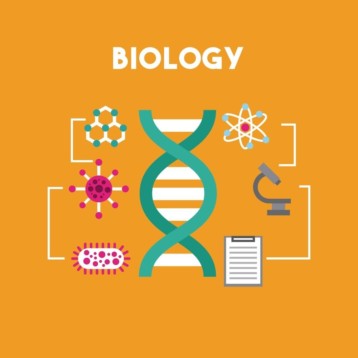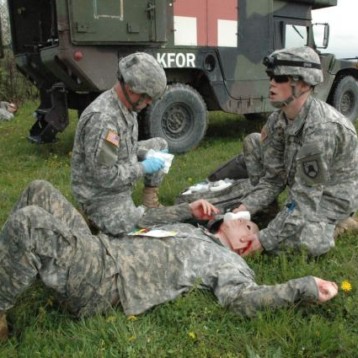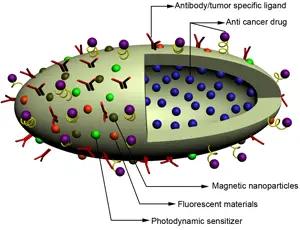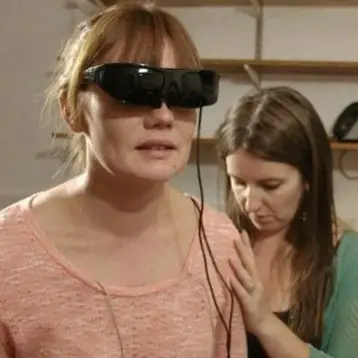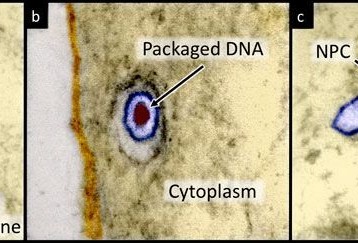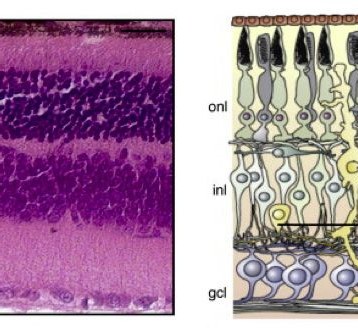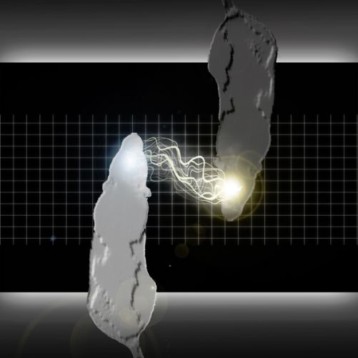|
Professor Tony Monaco of Oxford University’s Wellcome Trust Center for Human Genetics is the lead researcher on a team of more than sixty researchers from around the world. They examined the genomes of 996 elementary school aged children diagnosed with an autism spectrum disorder as well as 1287 unaffected children of the same age. These subjects were taken from across the United States, Canada, and Europe.
The study discovered that autistic children display a 20% greater incidence of copy number variant errors in their DNA, errors that do not appear in the DNA of the parents of these children. The scientists speculate that these errors are a result of small mistakes during the formation of the parents’ egg and sperm which are copied during the creation of the resulting child’s DNA.
Copy number variant errors appear in less than one percent of the general population at large. In fact,higher than normal incidences of these types of mistakes have previously been linked to learning disorders. Those found in the autistic children appear in a wide variety of genome segments including three associated with nerve communication in the brain. By studying the most common location of these errors, scientists hope to learn a great deal more about how autism works and perhaps even develop effective treatments or a cure.
TFOT has previously reported on other autism research projects including a study that models how savant behavior – the combination of one very highly developed skill found in conjunction with mental deficiencies in other areas – can develop in mice and another study showing how an organ transplant drug reverses some autism-like behaviors in mice. TFOT has also reported on several possible treatments for autism including new drugs that could help some of the more common autism symptoms and a new robot playmate that could help children with autism develop better social skills.
Read more about this autism research in this Oxford University press release.



